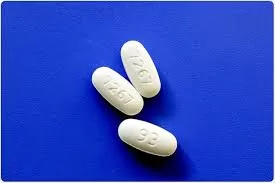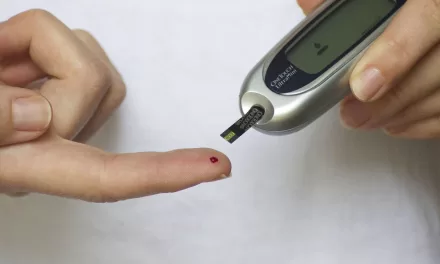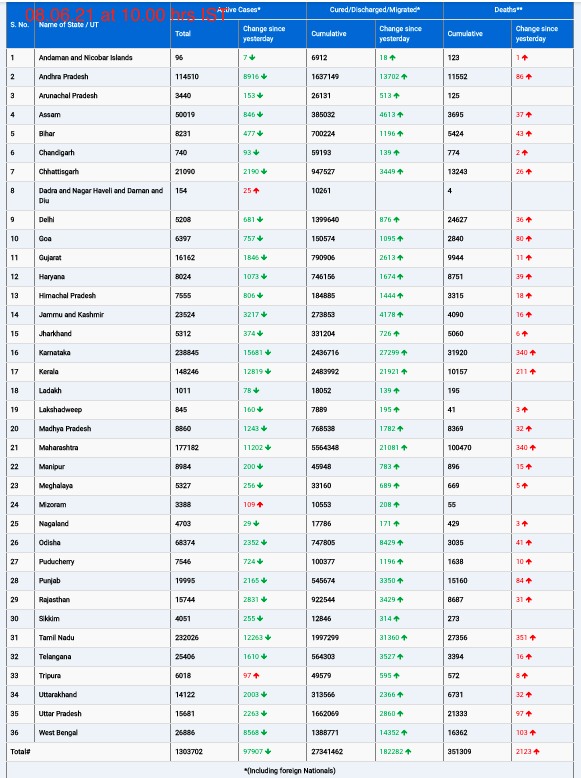California – A new study published in JAMA Internal Medicine suggests that post-exposure prophylaxis with doxycycline (doxyPEP) significantly lowers the risk of chlamydia and syphilis infections among individuals using HIV pre-exposure prophylaxis (HIV PrEP).
Study Overview
Researchers conducted a retrospective cohort study using data from a large healthcare system in California to evaluate the impact of doxyPEP on bacterial sexually transmitted infections (STIs). The study tracked individuals using HIV PrEP and assessed STI rates before and after initiating doxyPEP.
DoxyPEP users were identified through pharmacy data based on dosing instructions (200 mg within 72 hours of sex). The study followed 2,253 individuals for a median period of 5.7 months, within a larger cohort of 11,551 HIV PrEP users.
Key Findings
The research revealed a significant decline in STI incidence after doxyPEP initiation:
- Chlamydia: Positivity rate reduced by 79% (Rate Ratio [RR], 0.21; P < .001)
- Syphilis: Positivity rate reduced by 80% (RR, 0.20; P < .001)
- Gonorrhea: Slight decrease in positivity rate (RR, 0.88; P = .048)
Additionally, compared to those who did not use doxyPEP, users exhibited lower chlamydia (RR, 0.45; P < .001) and syphilis positivity (RR, 0.49; P = .03). However, gonorrhea positivity was notably higher among doxyPEP users (RR, 1.97; P < .001).
Clinical Implications
The findings highlight the potential benefits of doxyPEP implementation in reducing STI rates among HIV PrEP users. “Our data represent early estimates of the association between receipt of doxyPEP and decreases in STI incidence in clinical practice,” the authors wrote, emphasizing the role of doxyPEP in sexual networks of individuals using HIV PrEP.
Limitations and Disclosures
Researchers acknowledged several limitations, including the potential for early adopters of doxyPEP to be non-representative of broader populations, possible behavioral changes affecting STI rates, and the observational nature of the study, which limits causal conclusions.
The study, led by Michael W. Traeger, PhD, from the Harvard Pilgrim Health Care Institute in Boston, was funded by the National Institutes of Health. Some authors disclosed financial ties to pharmaceutical companies, including Gilead Sciences and Merck.
Disclaimer
This article summarizes scientific research and does not constitute medical advice. Individuals should consult healthcare professionals for personalized recommendations regarding STI prevention and treatment.












